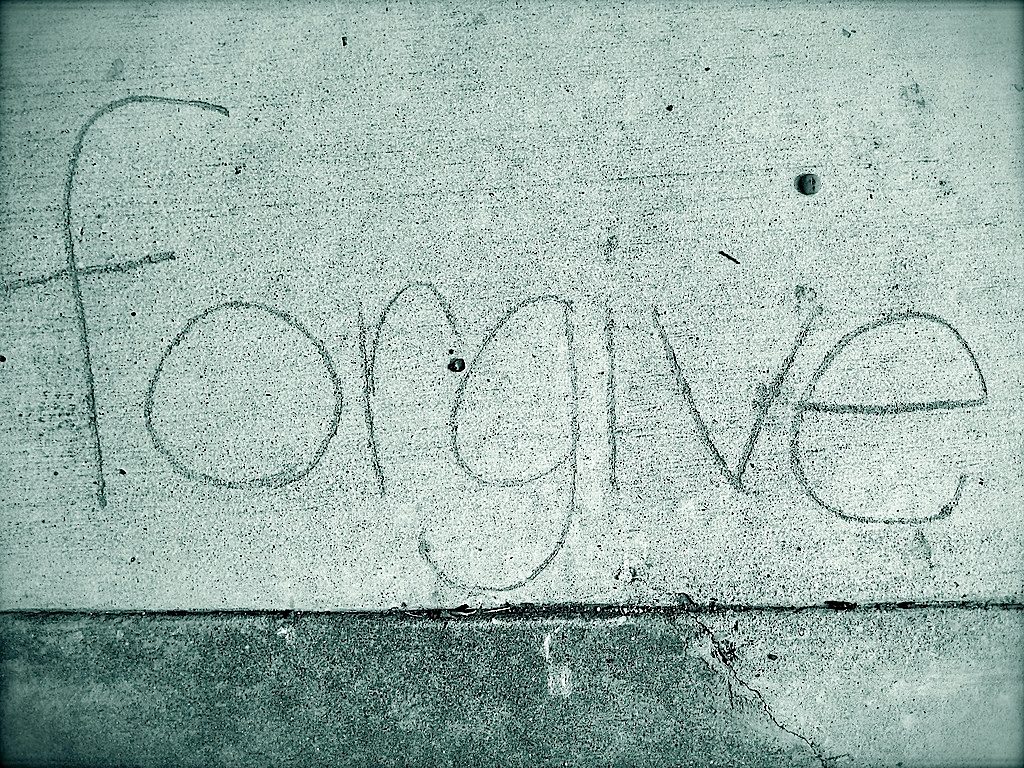
1. TALK!
It is critical for couples to talk regularly and talk from the heart! As you get to know your spouse better you should grow in learning how and when to best communicate. Be wise and pay attention to what works and what doesn’t. And when you do talk, share your feelings. If you have trouble expressing your emotions, try a feelings chart by clicking here.
2. GRATITUDE!
Having an attitude of gratitude will really change the tone of your marriage. Be sincerely grateful for your spouse, and let them know that you are grateful. Sometimes we get so busy with the daily tasks of life that we take our spouses for granted. Be thankful, then tell your spouse that you are thankful!
3. TEACHABILITY!
Be open minded and mature enough to realize that you may have some new lessons to learn. We are all works in progress that will do best if open to learning and growing through life. Sometimes couple may need a therapist or counselor to teach them the tools and skills needed to grow together through a difficult issue or season.
4. INTIMACY!
There are three types of intimacy that are key to the best marriages–relational intimacy, spiritual intimacy and sexual intimacy. When you have the first two in place, the third flows more naturally. Be sure to invest in relational intimacy through talks, activities, and date nights. Invest in spiritual intimacy by praying together and attending church together. The closeness you develop through these activities will serve to strengthen your sexual intimacy.
5. DO-OVERS!
Let’s face it, we all make mistakes! Because of this I encourage all married couples to have a rule in their marriage: if they are arguing, one spouse can say, “Let’s start over” and the other agrees.This works great for most day to day marital spats. Obviously more serious issues may require a counselor to help resolve. Bottom line–forgiveness and the willingness to start fresh is key to a healthy marriage. Holding on to resentments only hurts the marriage.
Talk to your spouse, or future spouse, about these five tips. Just having that conversation is a healthy start!
If you have any marriage tips, I’d love to hear them. You can email me at randy@randymoraitis.com. Websites: www.carepossible.org and www.randymoraitis.com.



